Looking for Your First Brick-and-Mortar Location? Here's What You Need to Know
Starting your small business is an exciting journey filled with dreams, ideas, and aspirations. One significant milestone on this path is finding the perfect brick-and-mortar location for your venture.
Whether you're opening a café, a boutique, or a tech startup, the process of selecting and securing your first physical space can be both thrilling and challenging. To help you navigate this critical step, here's a guide on what to have prepared as a small business owner when searching for your inaugural brick-and-mortar location.
1. Clear Business Plan:
Before you embark on your search for a physical location, it's crucial to have a clear and comprehensive business plan in place. Don't worry—your plan doesn't have to be pages upon pages of text. It just needs to include, at least:
- company history,
- mission and vision statement (values are a plus),
- an outline of your business goals,
- target market,
- financial projections (profit and loss statement),
- and marketing strategy.
Different agencies may require other sections or put emphasis on a few sections. For example, we also require client/customer acquisition plans and reasons for applying to a specific location.
Believe it or not, all of this information can oftentimes be detailed in just a single sheet of paper. This document will not only guide your location selection but also serve as a valuable resource when seeking financing or discussing your business with potential landlords.
2. Budget and Financial Projections:
Know your budget inside and out. Calculate how much you can afford for rent, utilities, and other expenses associated with the location. Create a financial forecast that outlines your expected income and expenses for at least the first year of operation.
Have a profit and loss statement ready (commonly called a P&L). Not sure how to make one? Not a problem. Just like a business plan, you can typically search the web for a statement template that suits your business type.
Having a solid grasp of your financials will help you make informed decisions and negotiate favorable lease terms.
3. Location Criteria:
Consider what factors are essential for your business's success. Some key factors to evaluate include:
- Traffic: Depending on your business type, you may benefit from a high-traffic location or prefer a quieter spot. Most states (assuming all), including NC, have a site dedicated to showing the daily annual average traffic in a specified location.
- Demographics: Understand the demographics of the area, including income levels, age groups, and local consumer preferences.
- Competition: Analyze the competition in the vicinity to assess how your business fits into the market.
- Accessibility: Ensure that the location is easily accessible to your target audience, whether by foot, car, or public transportation.
4. Legal and Regulatory Considerations:
Familiarize yourself with local zoning laws, permits, and licensing requirements. These can vary widely depending on your business type and location. Ensure that your business complies with all legal and regulatory obligations before signing any lease agreements.
Go to the city or county's zoning websites to learn definitions and find contact information for questions.
5. Lease Negotiation Skills:
Lease negotiations are a critical aspect of securing a commercial space. Be prepared to negotiate terms such as rent, lease duration, tenant improvements, and maintenance responsibilities. It's often wise to enlist the help of a legal advisor or a real estate professional experienced in commercial leasing.
6. Tenant Improvements and Renovations:
Consider the condition of the space and whether it requires any renovations or tenant improvements to align with your business needs. Inspect, at least:
- HVAC
- Flooring
- Electric capacity
- Plumbing
Determine who will be responsible for these costs and ensure they are factored into your budget.
7. Contingency Plans:
Life is unpredictable, and business plans don't always go as expected. Have contingency plans in place for unforeseen circumstances, such as changes in market conditions, unexpected expenses, or the need to relocate.
Though this is not necessary in a business plan, it would be a valuable addition.
8. Insurance Coverage:
Protect your investment by obtaining the appropriate insurance coverage for your business and the leased space. Speak with an insurance agent to determine the types and levels of coverage you need.
9. Marketing and Promotion Strategy:
Plan how you'll promote your business and attract customers to your new location. Develop a marketing strategy that includes both online and offline initiatives to create awareness and generate foot traffic.
If you have the funds, hiring a marketing strategist to get you going could be a worthwhile investment. You can find them on such sites as Upwork and Fiverr.
10. Branding and Interior Design:
Consider how you'll brand and design the interior of your space to create a unique and inviting atmosphere that aligns with your business identity and attracts customers. This should also be considered when gathering your cost analysis.
Oftentimes not considered is where and how you can place signs. Be sure to ask the potential landlord or their agent.
Finding your first brick-and-mortar location as a small business owner is a significant step toward realizing your entrepreneurial dreams. By thoroughly preparing and addressing these key aspects, you'll be better equipped to make informed decisions and set a solid foundation for your business's success. Remember that seeking professional guidance and advice when needed can also be invaluable throughout the process. Good luck on your journey to finding the perfect space for your business!







